1. Why Do Factories Love Polyacrylamide?
Walking into any modern printing and dyeing workshop, you will find an interesting phenomenon – next to dyeing tanks, washing tanks, and even sewage treatment tanks, you can always see bags of white powdery materials. This is polyacrylamide (PAM), known as “industrial monosodium glutamate”. According to statistics, 43 of the top 50 textile companies in the world use PAM as a core additive, and the industry usage alone exceeded 800,000 tons in 2022.
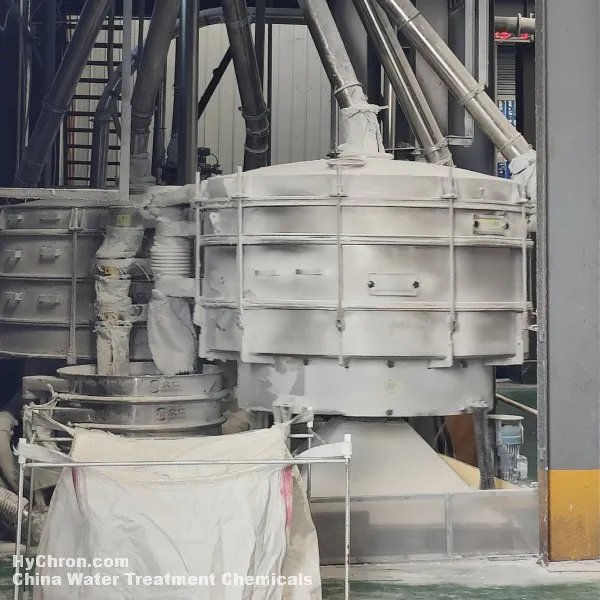
2. Pretreatment stage: the key to improving the dyeing effect of gray cloth
At a large denim production line in India, Technical Director Ravi demonstrated their secret: “Before the dip rolling process, treat the gray fabric with a 0.3% concentration of anionic PAM solution, just like applying a’mask ‘to the fabric – not only can it make the fiber surface smoother, but it can also increase the subsequent dye absorption rate by more than 18%.”
The three major advantages of this pretreatment process are:
Form a nanoscale protective film to reduce fiber damage
Enhance dye molecule adhesion and reduce repair rate
Shorten pretreatment time and save steam energy consumption
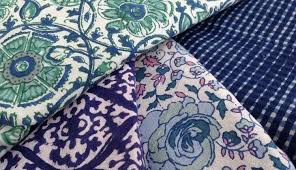
3. Dyeing process: a scientific plan to improve the dyeing rate
When you admire the bright color of a piece of clothing, you may not know that PAM is behind it. A silk factory in Zhejiang successfully increased the dyeing rate of silk from 72% to 89% through the charge adsorption characteristics of cationic PAM, saving 2300 yuan in dye costs per ton of fabric. Its working principle is like a “molecular magnet”.
Neutralizing fiber surface negative charge
Forming a bridging structure with dye molecules
Establish a three-dimensional solid color network
4. Wastewater Treatment: Save Money & Nature
Bangladesh Dhaka’s printing factory once faced an environmental crisis – 3000 tons of wastewater containing dyes per day, with treatment costs as high as 50,000 yuan. After introducing zwitterionic PAM, through the “magnetic coagulation” technology:
30 seconds to complete flocculation
COD removal rate 91%
Chromaticity removal rate 98%
Sludge volume reduced by 40%
This reduces the cost of water treatment per ton by 0.8 yuan, saving more than 5 million yuan annually.
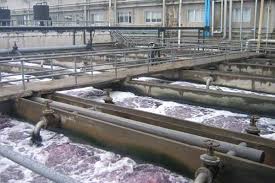
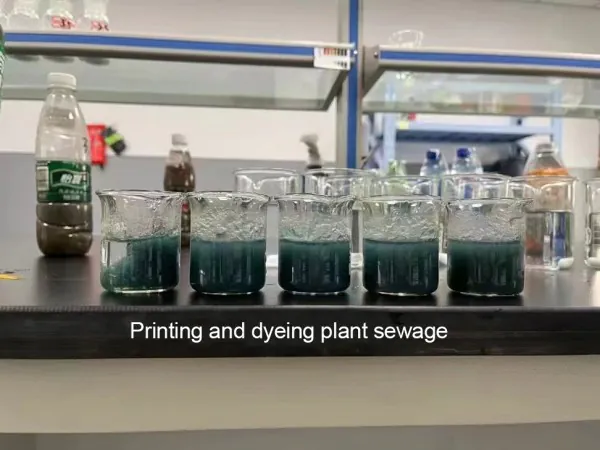
5. Smart Fabric Creation
The latest “Intelligent Temperature Control T-shirt” launched by a certain sports brand has the core technology of PAM microcapsule organization.
Wrap the phase change material in a PAM cross-linked network
Form millions of temperature-controlled “small air conditioners”.
The water resistance has been increased to more than 50 times
This innovative application is giving rise to a market explosion of multi-functional fabrics such as waterproof, anti-static, and antibacterial.
6. How to Choose Right PAM Type
At the Turkey Textile Exhibition, we collected the purchasing experience of 378 engineers and summarized the “3 looks” principle:
- Look at the ionization degree: cotton and linen choose cationic (20-40%), chemical fiber uses non-ionic
- Look at the molecular weight: wastewater treatment requires more than 8 million, and 5 million grade is used for pretreatment
- Look at solubility: cold water instant type can save 50% of material time
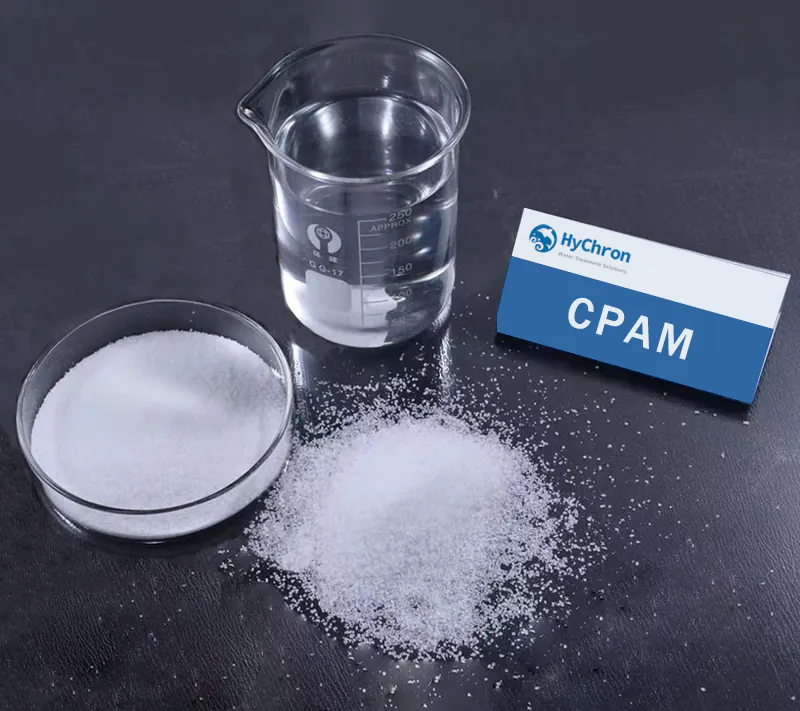
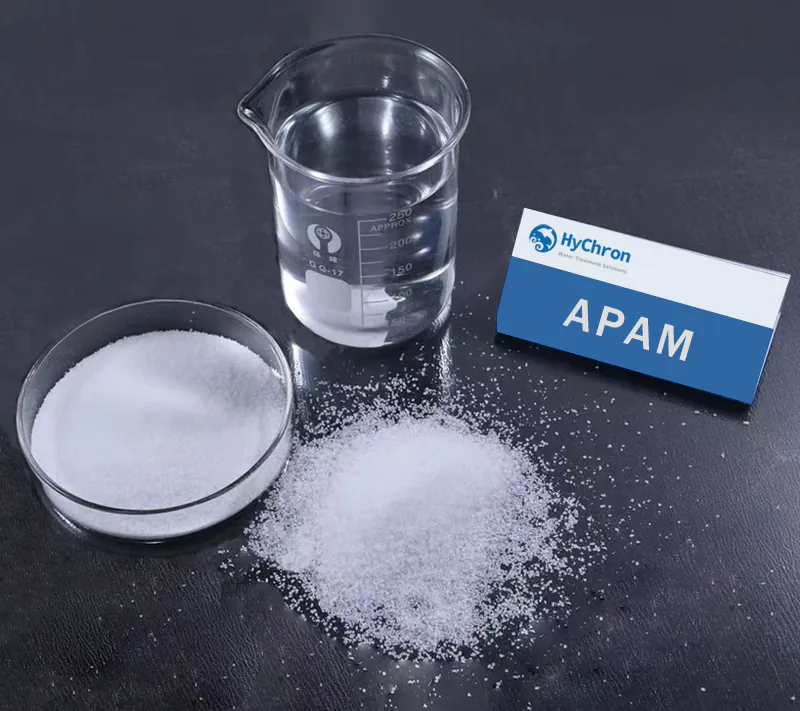
7. Success Story: Factory Saves $1.2M/year
Real case of PT. Sinar Textile Factory in Indonesia:
Problem: 200 rolls of cloth are scrapped due to color difference every month, and wastewater fines exceed $100,000
Solution: Customized anionic PAM + cationic modification scheme
Results: ✓ The qualified rate of dyeing once increased from 83% to 97%
✓ The wastewater reuse rate exceeded 75%
✓ The comprehensive cost decreased by 22%
✓ The renovation cost was recovered in 6 months
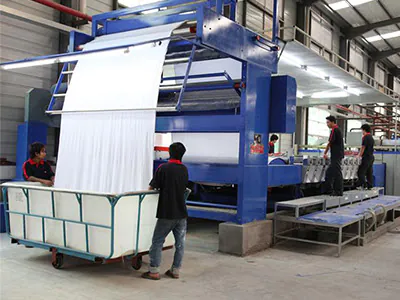
Conclusion
When you see colorful fabrics next time, remember these “behind-the-scenes heroes”. We provide full-chain services from laboratory formulas and technical guidance. 326 printing and dyeing companies in 17 countries have achieved a leap in efficiency through our PAM solution.
Click to contact us, customize your exclusive solution, and experience the magic powder that improves production efficiency and environmental benefits!
